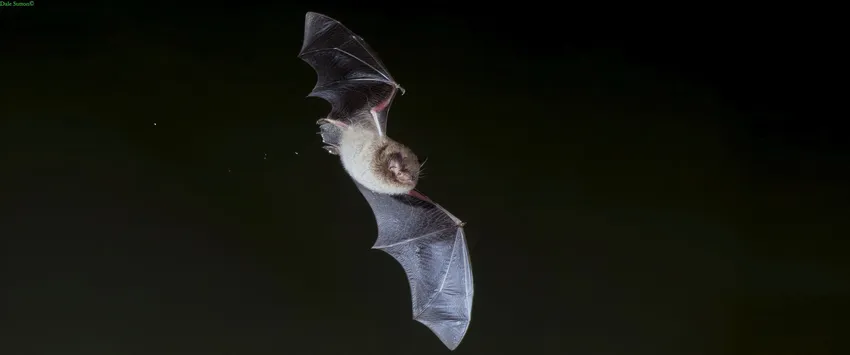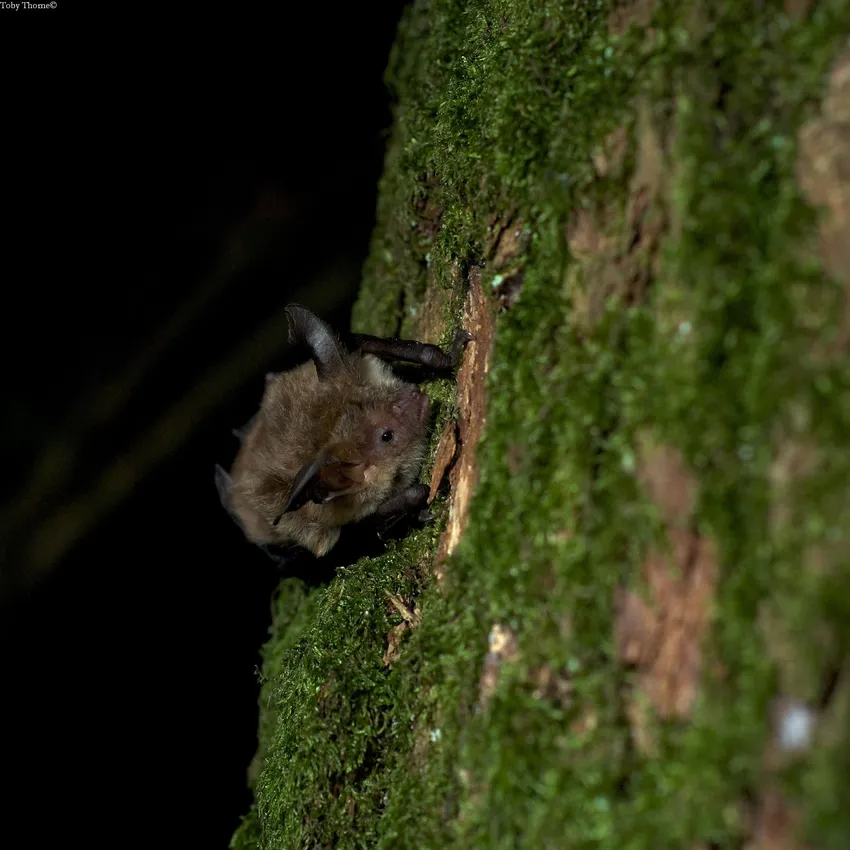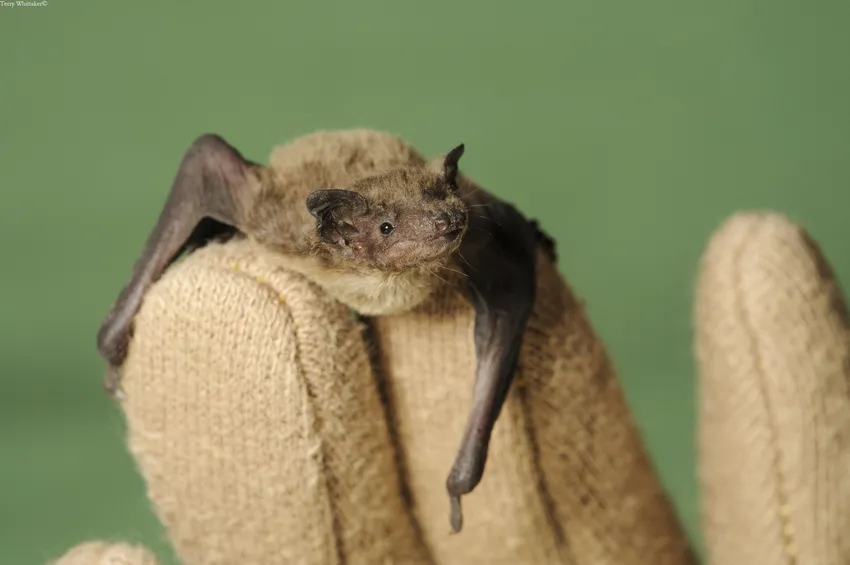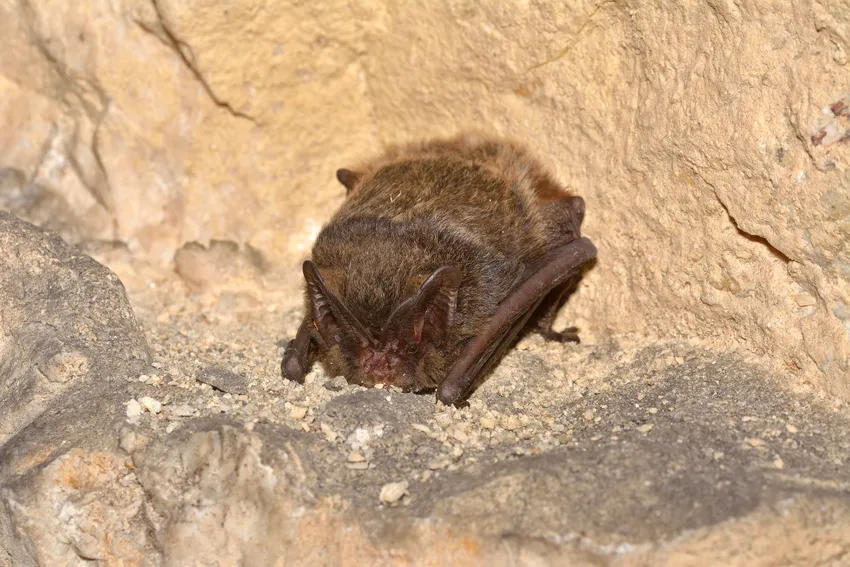Bats are a fascinating group of mammals and are good indicators of the ecological health of a landscape. Bat populations have been severely impacted by human activity in the last 60 years. We need help to restore and protect the habitats that bats rely upon to safeguard their future.
Categories
Beneficiaries
Housing developments, barn conversions, poor habitat management and pesticides have caused a decline of many bat species over the last 60 years. The barbastelle bat is one of the rarest and most endangered mammals in the UK. Once thought extinct in Hertfordshire, a highly important maternity colony has been discovered in ancient woodland in east Hertfordshire. It is vitality important that we protect and restore the habitats that bats rely upon so that colonies like this can thrive and grow.
We need to create and manage habitats to suit our local bats' basic needs and support growth in the populations. We need to protect their roost sites and help them find food. We will sensitively manage trees within our woodlands to provide more natural roost sites. We will work on our wetlands and ponds to increase the size of open water and ensure a reliable water source and insect-rich feeding habitat. We will also monitor the planning system to minimise its impact to our bats. With thanks to our generous match funders. These funders include Home Farm Glamping, Friends of Stocker’s Lake and the Reed Foundation.



